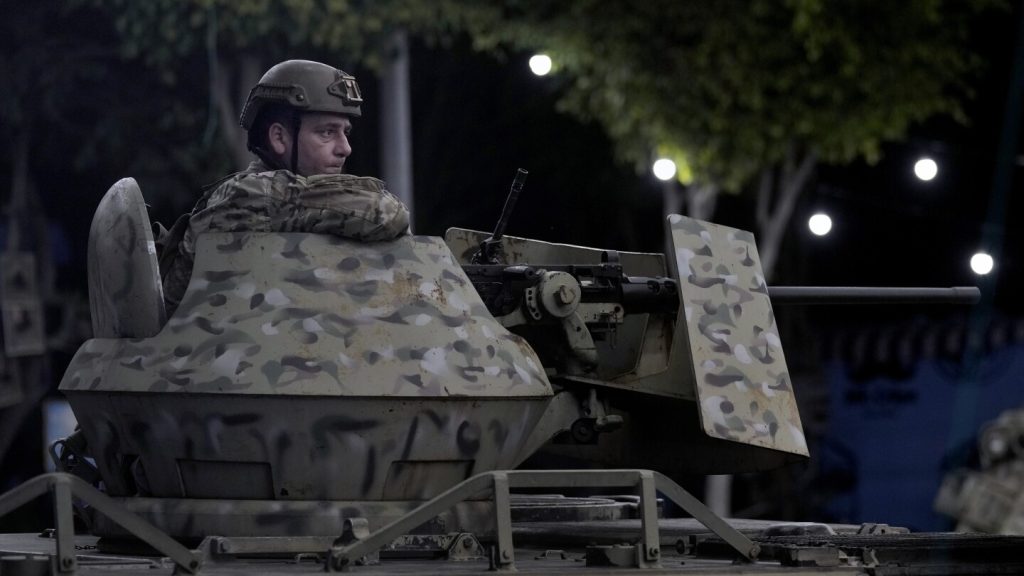Since Israel launched its ground invasion of Lebanon, the Israeli forces and Hezbollah militants have clashed along the border while the Lebanese army has mostly stayed on the sidelines. Lebanon’s army, a respected institution that bridges the country’s sectarian and political divisions, is ill-prepared to defend against aerial bombardment or a ground offensive due to an aging arsenal and lack of air defenses. Gen. Joseph Aoun, the current commander of the Lebanese army, is seen as a potential presidential candidate to fill the current vacuum in Lebanese politics.
The Lebanese army, with about 80,000 troops compared to Hezbollah’s over 100,000 fighters, is militarily overshadowed by the militant group. The recent clashes between Israeli forces and Hezbollah began when the Hezbollah group fired rockets over the border in support of Hamas in Gaza. In response, Israel conducted a major aerial bombardment of Lebanon and initiated a ground invasion to push Hezbollah back from the border and allow displaced northern Israel residents to return. Lebanese soldiers have withdrawn to observation posts along the frontier.
Despite the clashes and airstrikes, Israeli forces have not advanced far into Lebanese territory. The Lebanese army has engaged in limited clashes with Israeli forces in response to attacks on its positions. However, analysts suggest that if Israeli forces advance further, the Lebanese army may put up a fight but within its available capabilities. The historic involvement of the Lebanese army in conflicts with Israel has been minimal, with only a few exceptions throughout history.
The Lebanese army saw an influx of military aid after the outbreak of civil war in neighboring Syria in 2011 and the rise of ISIS in Lebanon, where it successfully battled against the group with Hezbollah’s support. However, the army’s capabilities were further strained by Lebanon’s financial crisis in 2019, leaving soldiers with low salaries and inadequate resources. The U.S. has been a primary funder of the Lebanese army but has faced political controversies over the aid, with concerns that it could benefit Hezbollah.
Many in Lebanon believe that the U.S. has restricted the Lebanese army from obtaining advanced weaponry that could help defend against Israel, due to the strong alliance between the U.S. and Israel. While the U.S. aims to support the Lebanese military as a stabilizing force in the region, there are limits to the aid provided. The perception that the U.S. prioritizes Israel’s military edge has raised concerns among Lebanese military analysts and officials. Overall, the Lebanese army remains in a challenging position as the conflict with Israel continues to escalate.


